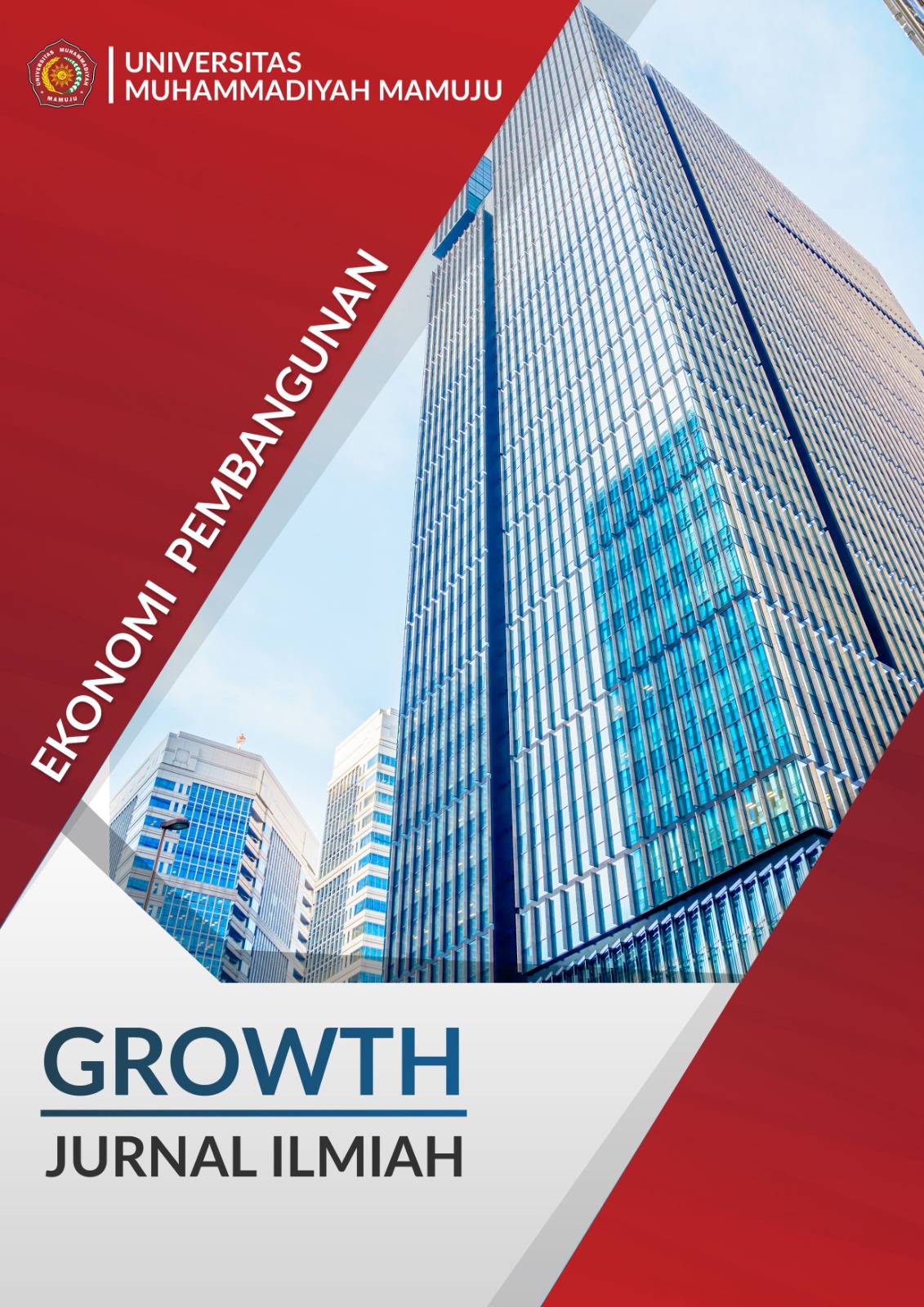ANALISIS PENERAPAN SISTEM PENJAMINAN TANGGUG RENTENG DALAM PEMBIAYAAN KELOMPOK BERDASARKAN KONSEP KAFĀLAH BI AL-MĀL (STUDI DI KOPERASI MITRA DHUAFA KABUPATEN BONE)
Kata Kunci:
financing, kafalahAbstrak
The aim of this research is to see whether the guarantees applied at the Mitra Dhuafa Cooperative are in accordance with the group's financing objectives and conceptkafālah bi al mālwhich exists. This type of research is included in the category of qualitative research which is descriptive analysis. The type of data used is primary and secondary data obtained from the Mitra Dhuafa Cooperative. Data collection techniques were carried out using interview and documentation techniques. The results of the research show that: 1) The financing distributed by the Mitra Dhuafa Cooperative in Bone Regency uses a group mechanism, so every prospective member who wants to receive financing must form a group, the maximum number of members in one financing group is 5 people and in eachcenter There are a minimum of 2 groups and a maximum of 8 groups. In the initial stage the financing provided was Rp. 2,000,000, and the amount of financing is adjusted to the feasibility of the business. This group is financed using a contractmurabahah al-wakalah, with a margin value set at 25% per year. 2) Implementation of a joint liability guarantee system in group financing at the Mitra Dhuafa Cooperative, Bone Regency, namely that each group member is mutually responsible for each other in carrying out obligations towards the Mitra Dhuafa Cooperative. If one member is unable to pay the installments at the specified time, then the other members in the group must be jointly and equally responsible for covering the payment. 3) The joint liability guarantee system in group financing implemented by the Mitra Dhuafa Cooperative in Bone Regency is in accordance with the conceptkafālah bi al-mālin jurisprudence
Referensi
Hartono Hadisoeprapto, Pokok-Pokok Hukum Perikatan dan Hukum Jaminan, Liberty, Yogyakarta, 2004.
Kartini Muljadi dan Gunawan Widjaja, Perikatan pada Umumnya, Jakarta: Raja Grafindo Persada, 2004.
Kasmir, Dasar-Dasar Perbankan, Jakarta: PT Raja Grafindo Persada, 2002.
Mardani, Fiqh Ekonomi Syariah: Fiqh Muamalah, Jakarta: Kencana, 2012.
Muhammad Nazir, Metode Penelitian, Jakarta: Ghafia Indonesia, 1998.
Muhammad Syafi’i Antonio, Bank Syariah: Dari Teori ke Praktek, Cet. 14. Jakarta: Gema Insani, 2009.
Muhammad Teguh, Metodologi Penelitian Ekonomi Teori dan Aplikasi, Jakarta: PT Raja Grafindo Persada, 2005.
Nasrun Haroen, Fiqh Muamalah, Jakarta: Gaya Media Pratama, 2000.
Niniek Suparni, Kitab Undang-Undang Hukum Perdata, Jakarta: Rineka Cipta, 2005
R. Subekti, Jaminan-jaminan Untuk Pemberian Kredit Termasuk Hak Tanggungan Menurut Hukum Indonesia, Bandung: Citra Aditya Bakti. 2013
R. Tjiptoadinugroho, Perbankan Masalah Perkreditan, Penghayatan, Analisis dan Penuntutan, Jakarta: Pradnya Paramita, 1971.
Salim HS, Perkembangan Hukum Jaminan di Indonesia, Jakarta: Rajawali Pers, 2011.
Sri Soedewi Masjchoen Sofwan, Hukum Jaminan di Indonesia Pokok-Pokok Hukum Jaminan dan Jaminan Perseorangan, Yogyakarta: Liberty Ofset, 1980.
Suharsimi Arikunto, Prosedur Penelitian: Suatu Pendekatan Praktis, Jakarta: PT. Rineka Cipta, 2006.

